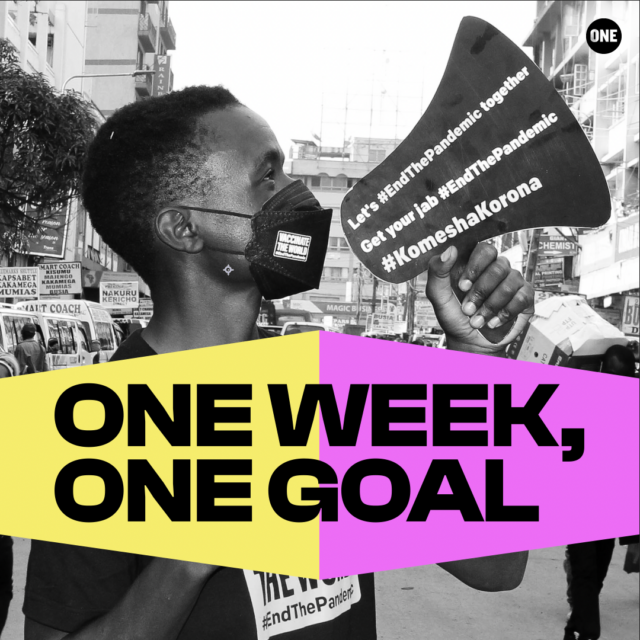Here’s some of what she had to say.
One of the ongoing challenges that comes up again and again, whether you’re talking about testing capacity, supplies, or what’s going to happen when there’s a vaccine, is this tendency for everyone to pull inward and not realize that a virus doesn’t respect borders.
The idea that we’re going to restrict access to information, interventions, or supplies, and exacerbate an unequal marketplace with a global threat makes no sense from a public health perspective. People in the United States don’t live only in their communities. They travel or have families or jobs that take them places. So the idea that a state has to battle other states for supplies is not a solution.
Drawing from my experience of working on HIV — prior to a global recognition that there was a threat that was going to devastate likely the entire continent of Africa and certainly, if not, the whole of sub-Saharan Africa, infections were skyrocketing.
But when the global community, led by the US and others, decided to make it a priority, the difference was staggering.
With any preventive effort, doing it from the outset actually would save a lot more lives and money in the long run.
Likewise, with the 2014 Ebola outbreak the response didn’t start in the most perfect way. But once there was a global recognition that it could potentially have an incredibly devastating impact beyond those three countries, the global community dealt with it. It’s like with any preventive effort, doing it from the outset actually would save a lot more lives and money in the long run.
Diplomatic engagement
Because of the way that this virus transmits, it has incredible community health implications. This virus spreads through droplets. It’s not the same as a disease that spreads primarily through sex and drug use, so the implications of not distributing the vaccine globally are bad.
If you contain something over here, unless we have border closures (and I’m not saying to advocate for that), it’s not going to work. It would actually be so much more disruptive and economically devastating than to just provide everybody with a vaccine.
I think there are a number of priorities we should be working on at the moment. It would be smart for the US to redouble its efforts to shore up the systems of other countries to have their own ability to respond.
Shoring up systems means that lab capacity, testing capacity, all of those things are as good as they can be so that detection and attempts to control can happen quickly. The best example I can think of is after Ebola in 2014, the creation of the African Centre for Disease Control.
Another priority is coordination. This is where the World Health Organization comes in, to help coordinate a response around supply shortages and distribution.
It would be smart for the US to redouble its efforts to shore up the systems of other countries to have their own ability to respond.
A third place where the US could be particularly helpful is diplomatic engagement. That has been historically a place where the US could make a lot of difference in a positive way, to ensure that everyone’s at the table to try to tackle these issues. The US has a pretty unique part to play in that, but has kind of walked away from it.
The final one is obvious: resources. It’s a hard argument, when you’re sitting in the US, seeing an outbreak and feeling anxious about providing money to other places. However, if we’re all connected and what happens in a different country affects us here, then it only makes sense to make that investment. So I think we have to reconceptualize the idea that spending something abroad is not about not spending here. It’s an addition that will do as much good as spending money at home.
What’s troubling and what’s inspiring
The thing that keeps me up at night is that it’s the virus’ job to live and it’s going to continue to try to do that. This one is particularly harmful for a proportion of people, so that is very devastating to see.
The other thing that worries me is politics getting in the way. The history of infectious diseases that I’ve studied is that whenever politics enters, you don’t make the right decisions. So, I hope that we can get beyond that, and make the best decisions for public health.
We have the best minds in the world working on this, so that is inspiring.
However, on the positive side, there are so many amazing researchers and scientists who have gained their knowledge and experience through HIV. The amount of collective effort they are putting in together is staggering and gives me a lot of hope. We have the best minds in the world working on this, so that is inspiring.
These excerpts from the interview were edited for length and clarity.
Hear more from experts in our #PassTheMic campaign, where global health experts take over celebrities’ social media channels to share the data, facts, and science we need to know to end COVID-19. Follow us on Instagram, Facebook, and Twitter for more.



